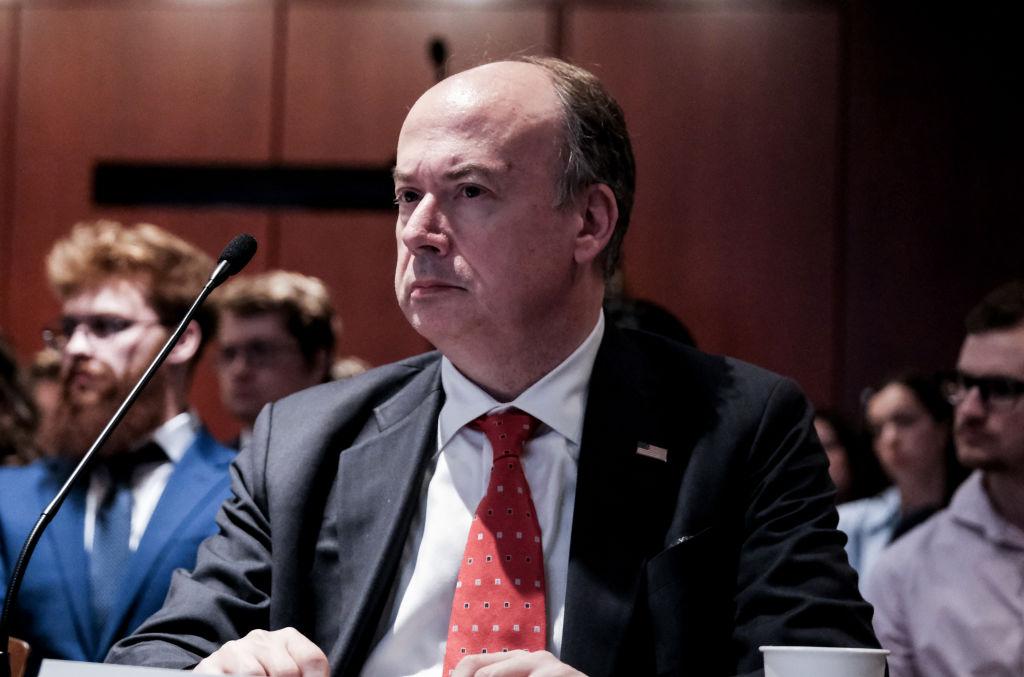A federal judge has ordered a second evidentiary hearing for removal of the Fulton County case against former President Donald Trump and 18 others over violating Georgia’s Racketeer Influenced and Corrupt Organizations (RICO) Act in their challenge of the 2020 election results.
Fulton County District Attorney Fani Willis, who’s prosecuting the case, claimed that the actions constituted a “criminal racketeering enterprise” and gave the 19 defendants until noon on Aug. 25 to surrender or face arrest. All defendants surrendered before the deadline.





